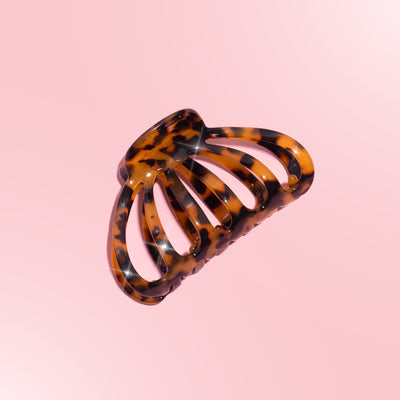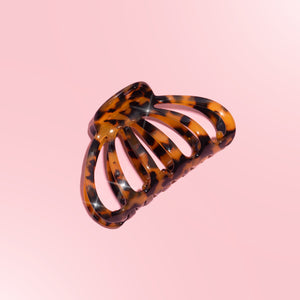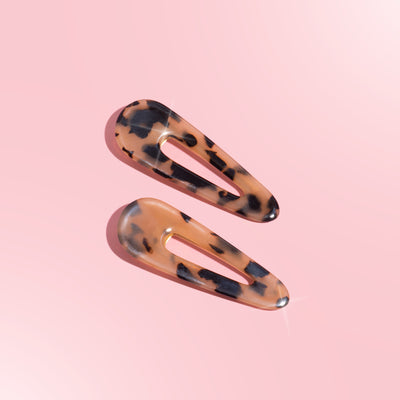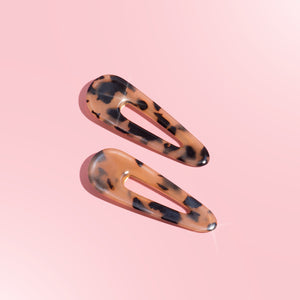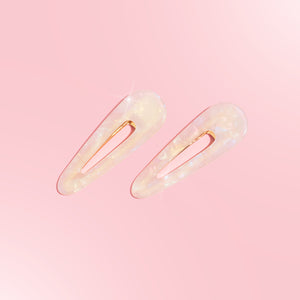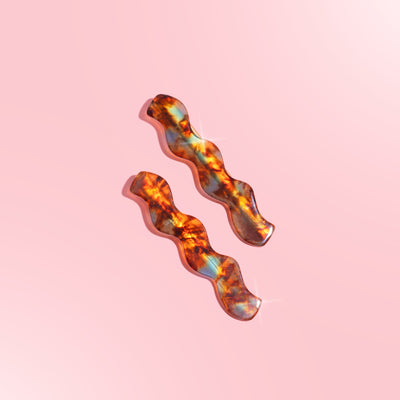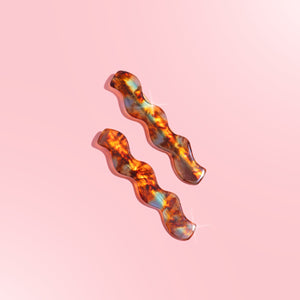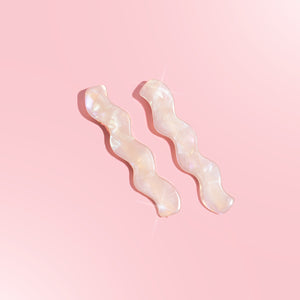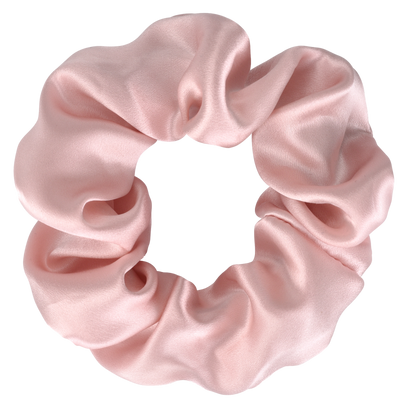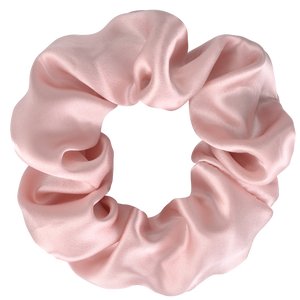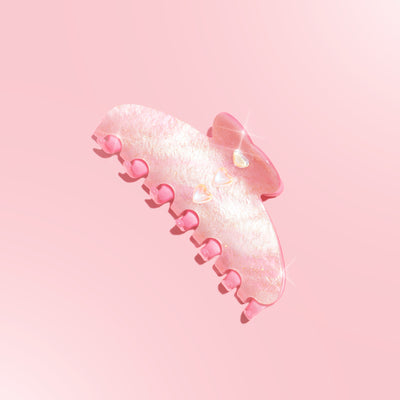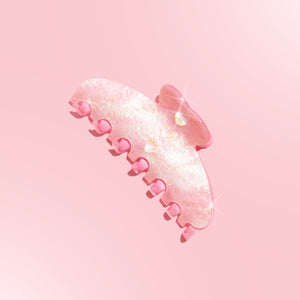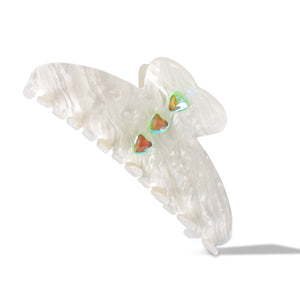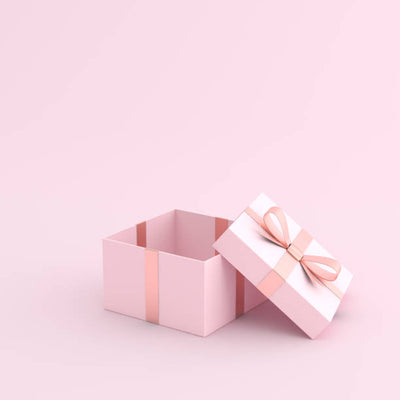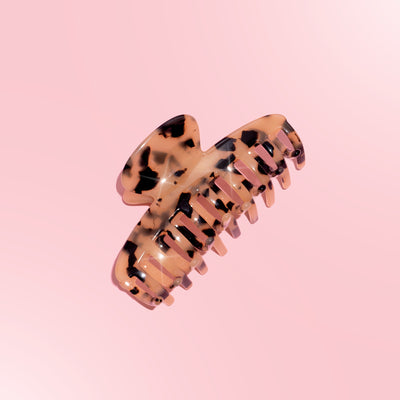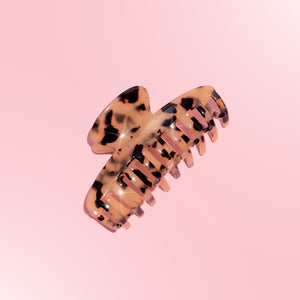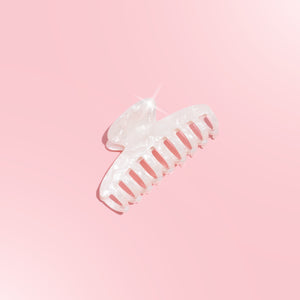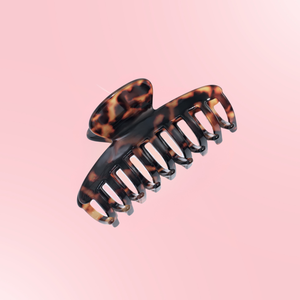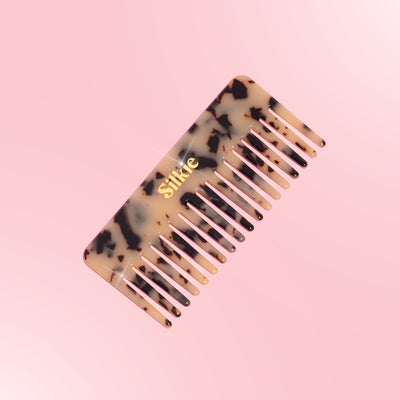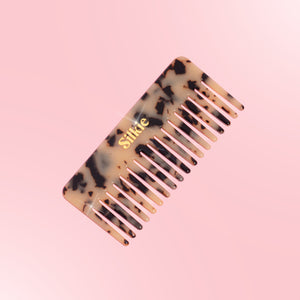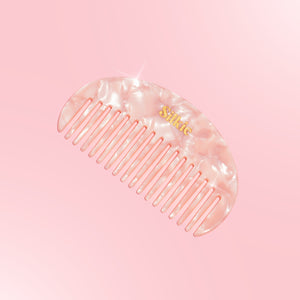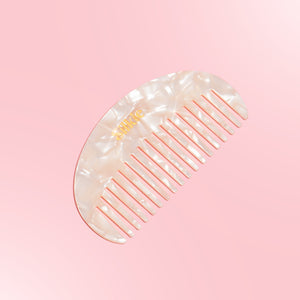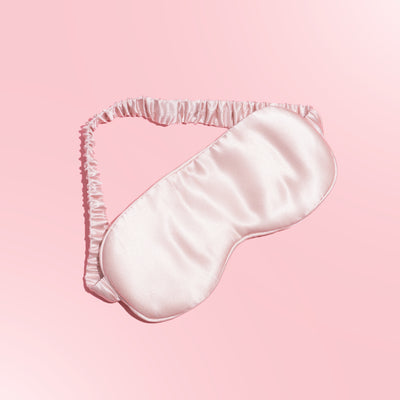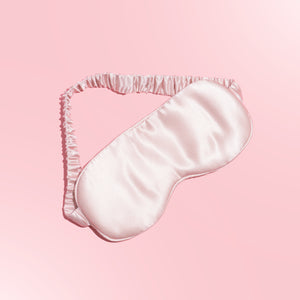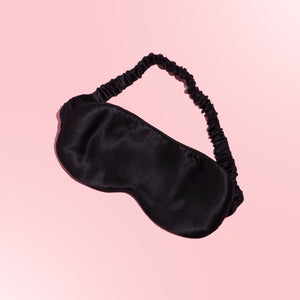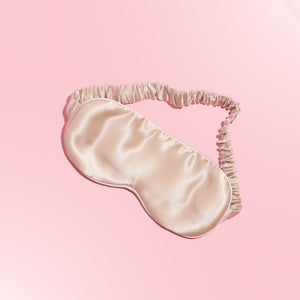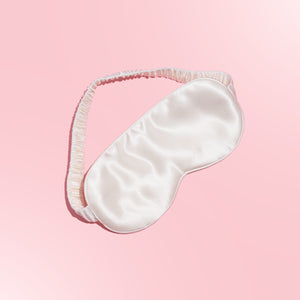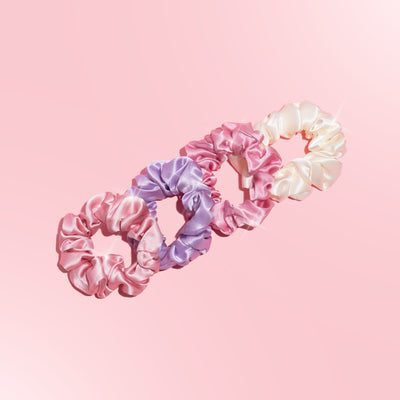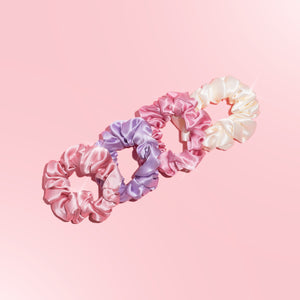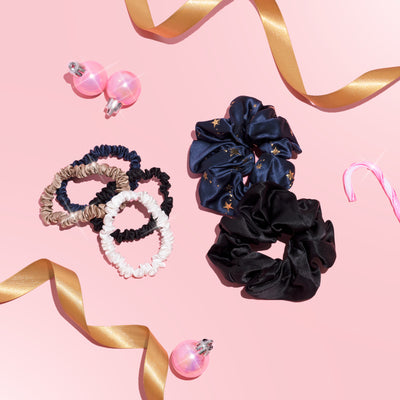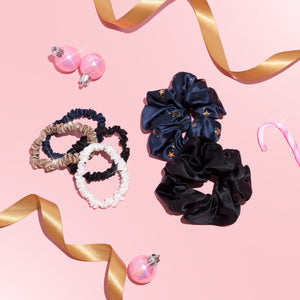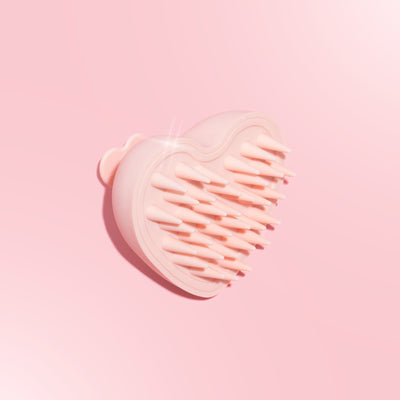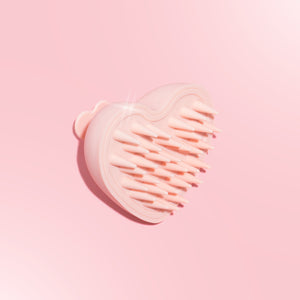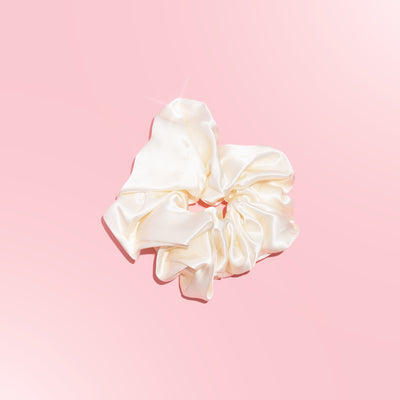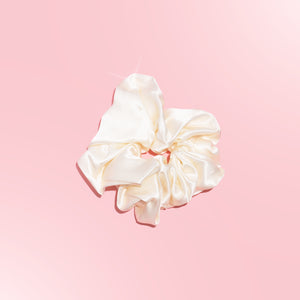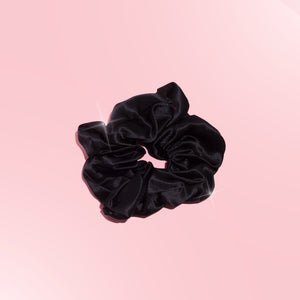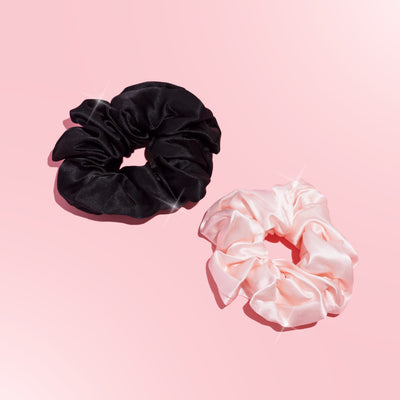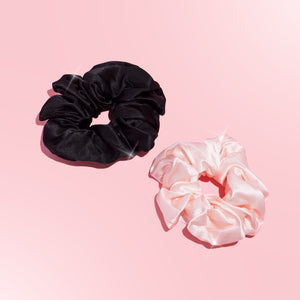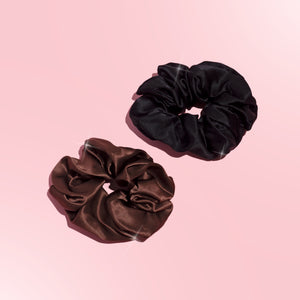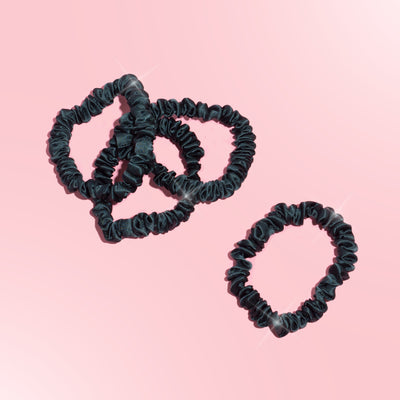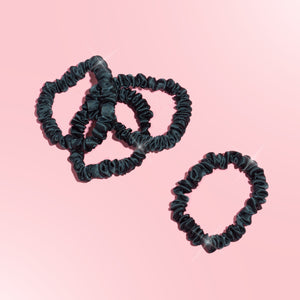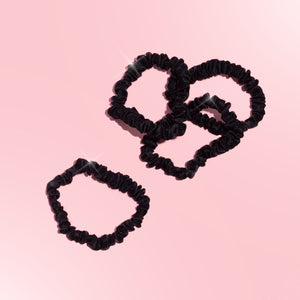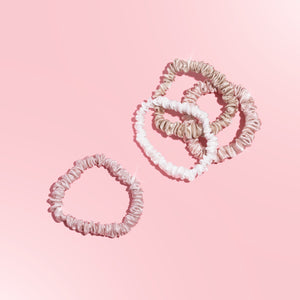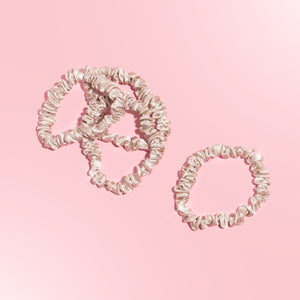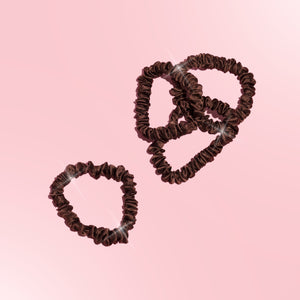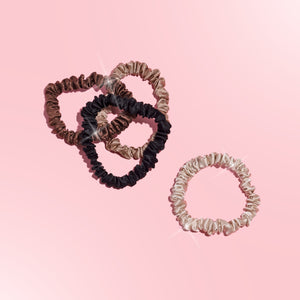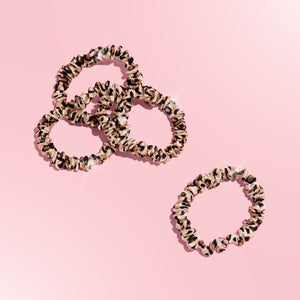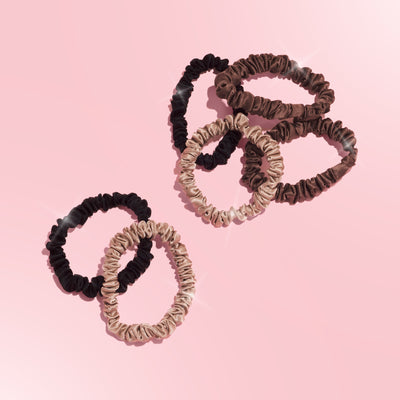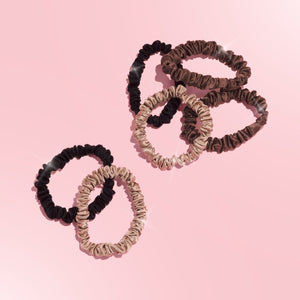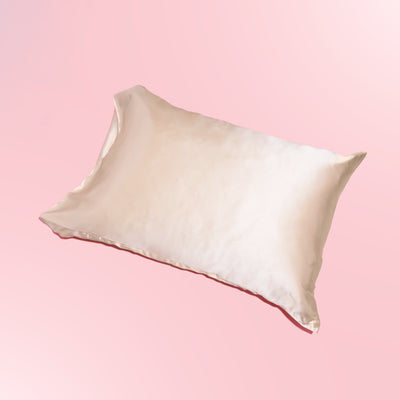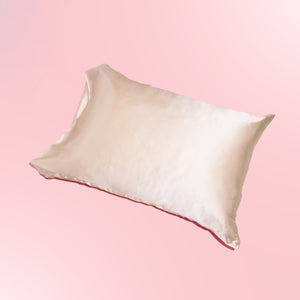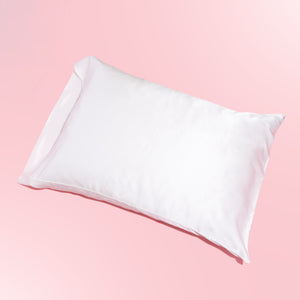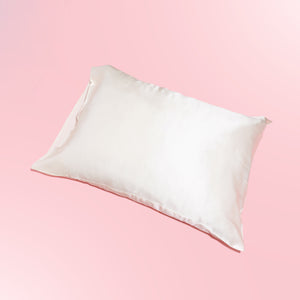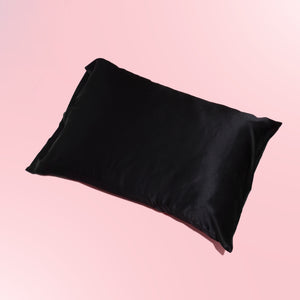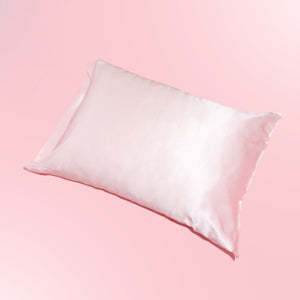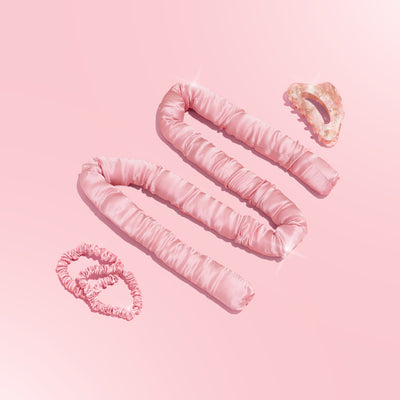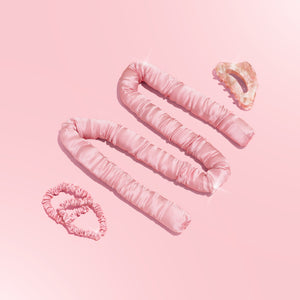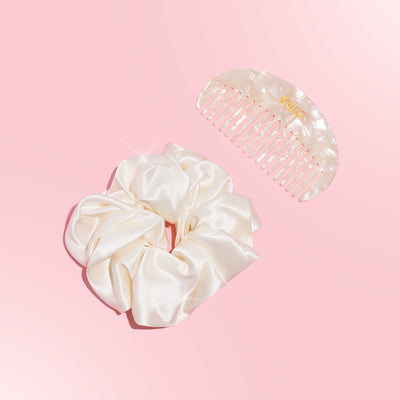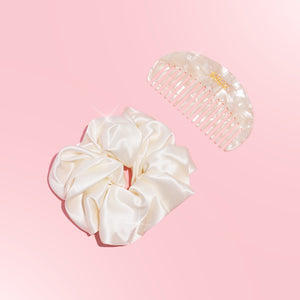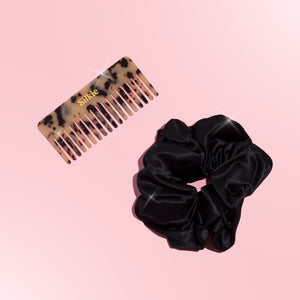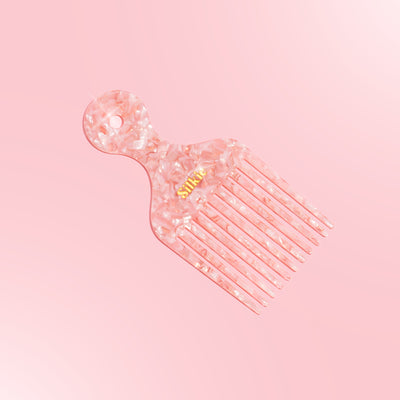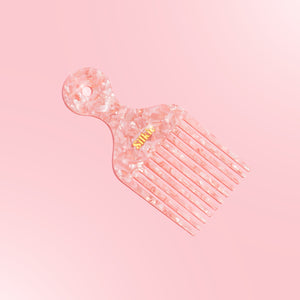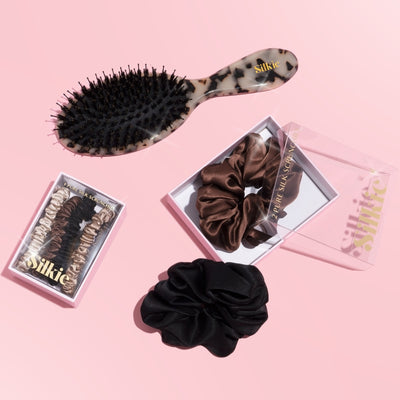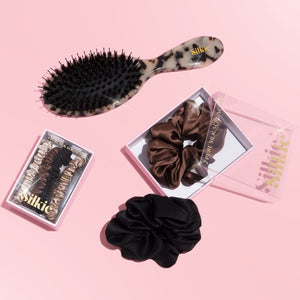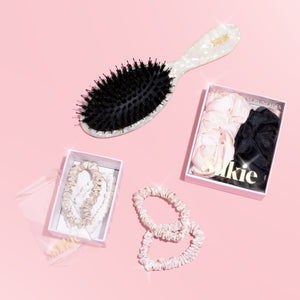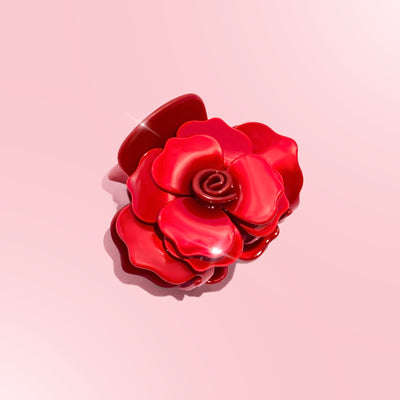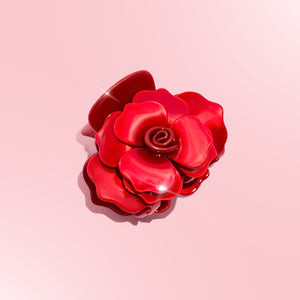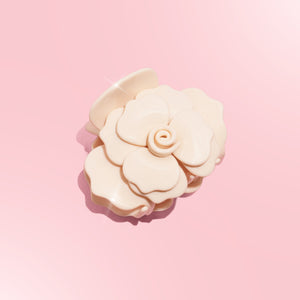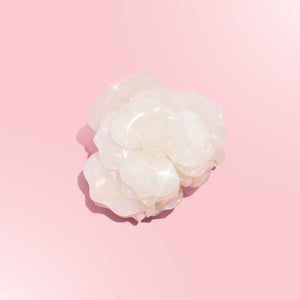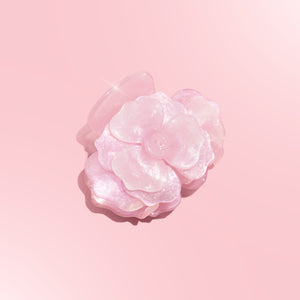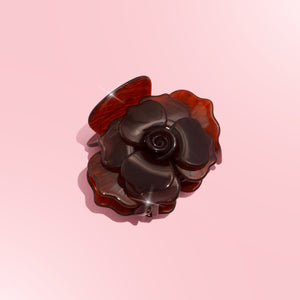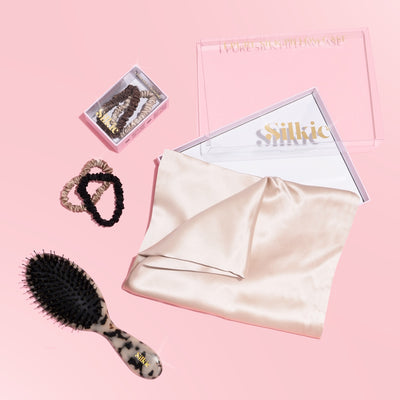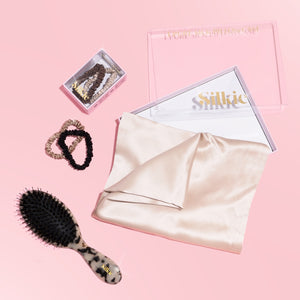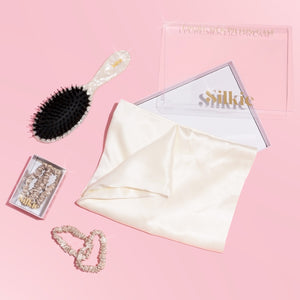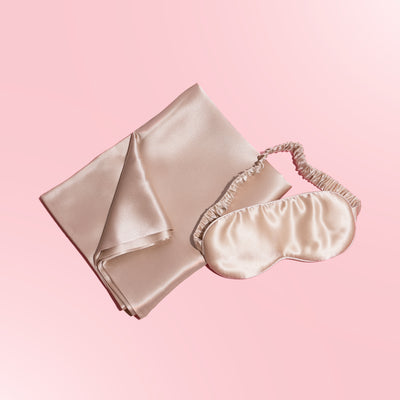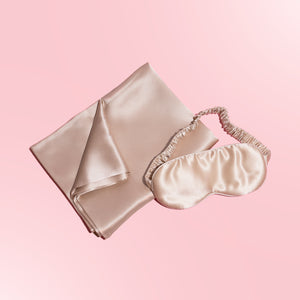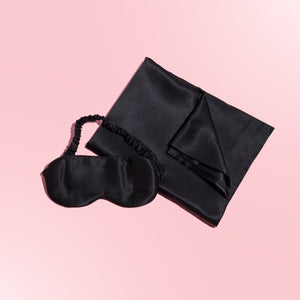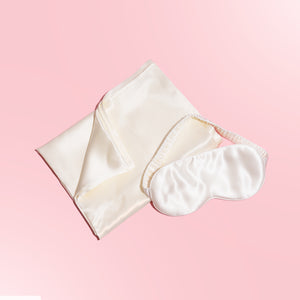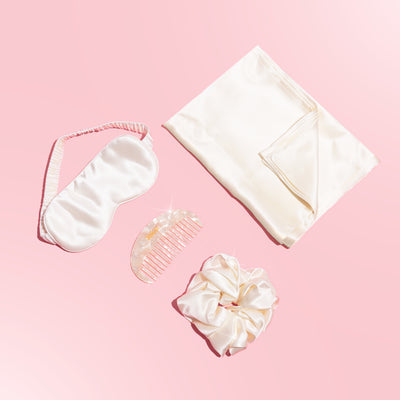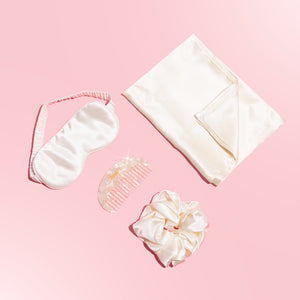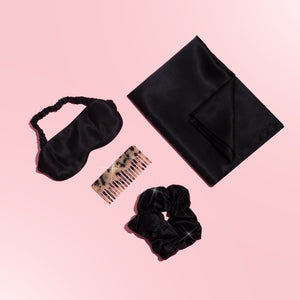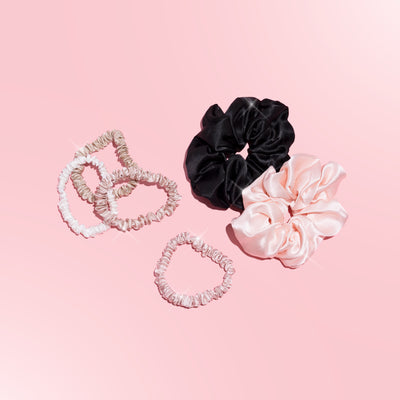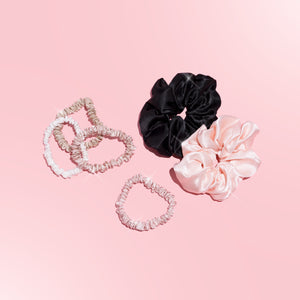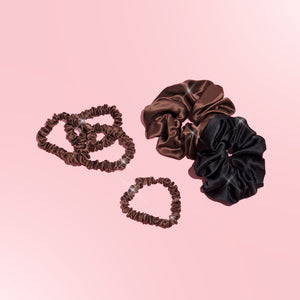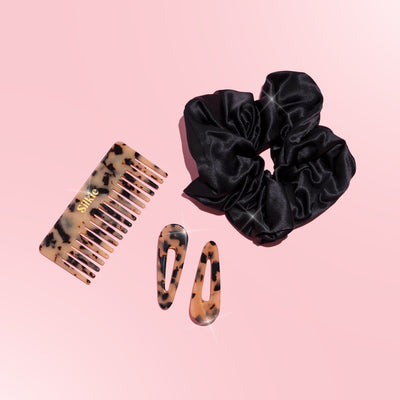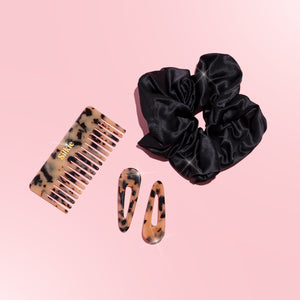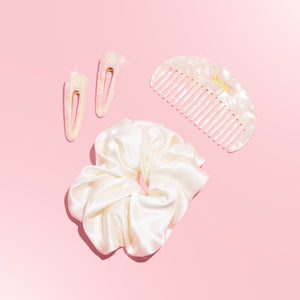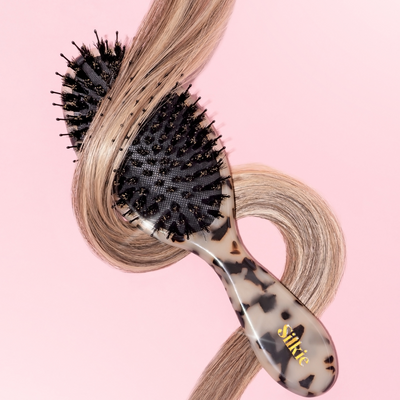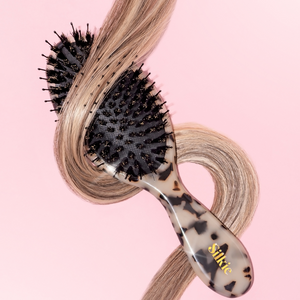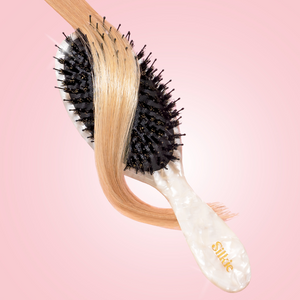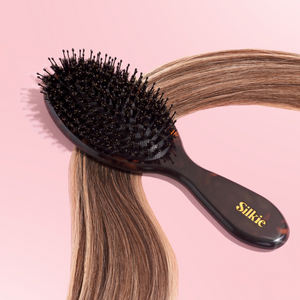How to Prevent and Treat Hard Water Damage on Hair
If your hair feels dry, dull, or constantly weighed down, hard water might be the culprit. Hard water contains high levels of minerals like calcium and magnesium, which can build up on your strands, leaving them brittle, frizzy, and difficult to manage. Over time, this buildup can block moisture absorption, making your hair more prone to breakage and dullness.
But don’t worry—you don’t have to live with the effects of hard water forever. By understanding how it affects your hair and taking the right steps, you can prevent and reverse the damage for healthier, shinier locks.
How Hard Water Damages Your Hair
Hard water isn’t necessarily harmful to your health, but it can wreak havoc on your hair. Here’s how:
- Mineral Buildup Blocks Moisture – Calcium and magnesium in hard water leave a film on your hair, preventing moisture from penetrating the strands. This leads to dryness, brittleness, and frizz.
- Weighs Hair Down – The residue from hard water can make hair feel heavy, greasy, and limp—even right after washing.
- Causes Color Fading – If you dye your hair, hard water strips color faster, making it appear dull and faded.
- Leads to Scalp Issues – Mineral buildup on your scalp can cause itchiness, flakiness, and irritation, leading to dandruff-like symptoms.
- Increases Breakage and Split Ends – Weak, dehydrated strands break more easily, leading to increased hair shedding and split ends.
Now that you know how hard water affects your hair, let’s talk about how to prevent and fix the damage.
How to Prevent Hard Water Damage on Hair
Install a Shower Filter
One of the most effective ways to combat hard water is by installing a shower filter. These filters remove excess minerals before they reach your hair, reducing buildup and improving overall hair health. Look for filters with activated carbon or KDF (Kinetic Degradation Fluxion) technology to effectively remove calcium, chlorine, and other impurities.
Use a Clarifying Shampoo
A weekly clarifying shampoo helps remove mineral buildup, restoring your hair’s natural shine and softness. Look for shampoos containing:
- Chelating agents like EDTA or citric acid, which bind to minerals and wash them away.
- Sulfate-free formulas to avoid stripping your hair of natural oils.
If you have color-treated hair, choose a color-safe clarifying shampoo to prevent fading.
Rinse with Apple Cider Vinegar
Apple cider vinegar (ACV) is a natural way to dissolve mineral buildup and restore your hair’s pH balance. It also smooths the cuticle, reducing frizz and adding shine.
How to use it:
- Mix one part ACV with two parts water.
- Pour the mixture over your hair after shampooing.
- Let it sit for 2–3 minutes, then rinse with cool water.
- Repeat once a week for best results.
Opt for a Leave-In Conditioner
Since hard water strips moisture, using a hydrating leave-in conditioner helps replenish lost hydration and protect your strands. Look for formulas containing:
- Aloe vera for deep hydration
- Argan oil or coconut oil to seal in moisture
- Silk proteins to strengthen and smooth hair
Wash with Bottled or Distilled Water (When Possible)
If you live in an area with extremely hard water, consider rinsing your hair with bottled or distilled water after your shower. While this isn’t always practical for daily use, doing it a few times a week can help reduce mineral buildup over time.
How to Treat Hair That’s Already Damaged by Hard Water
Deep Condition Regularly
Hard water leaves hair dry and brittle, so regular deep conditioning treatments are essential. Use a moisturizing hair mask at least once a week to restore hydration and repair damage.
Look for masks with:
- Shea butter for intense moisture
- Keratin to strengthen hair
- Honey for added shine and softness
Try a DIY Lemon Rinse
Lemon juice, like ACV, can help break down mineral buildup and restore your hair’s natural softness.
How to use it:
- Mix 2 tablespoons of fresh lemon juice with 1 cup of water.
- Pour over your hair after shampooing, let sit for a few minutes, and rinse.
- Repeat once a week, but avoid overuse, as lemon juice can be drying.
Get Regular Trims
If your hair has become weak and brittle due to hard water exposure, trimming split ends will prevent further breakage. Visit your hairstylist every 6–8 weeks to keep your hair looking fresh and healthy.
Switch to a Silk or Satin Pillowcase
Hard water damage can lead to increased friction and tangling while you sleep. A silk or satin pillowcase reduces breakage, retains moisture, and helps keep your hair smooth.
Final Thoughts
Hard water can be tough on your hair, but with the right care, you can prevent and reverse the damage. By using a shower filter, clarifying shampoo, deep conditioners, and natural rinses, you can keep your hair soft, shiny, and resilient—even if you live in a hard water area.
Looking for hair care products designed to fight buildup and restore hydration? Shop Silkie’s collection of nourishing shampoos, masks, and treatments at www.shopsilkie.com and bring your hair back to life!
